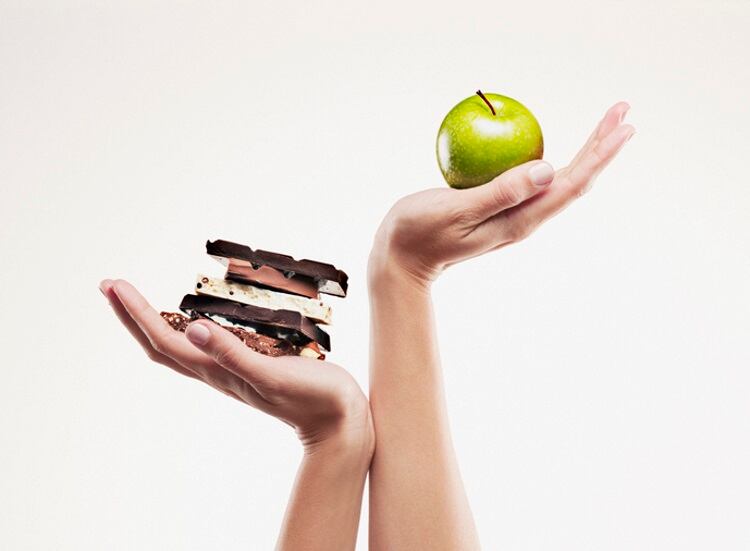While consumers view the scientific process as competent, they also perceive it as cold, so confirmed the researchers who – over a series of 10 experimental studies – analysed consumers’ reaction to marketers touting the science behind their brand.
This could ultimately backfire when touting products that are associated with invoking pleasure, like chocolate chip cookies.
Specifically, said the scientists, the stark sanitariness of science is completely at odds with the anticipated warmth of hedonic products and attributes – and if associated, could reduce the value of a product in consumers’ eyes.
Hedonistic (or hedonic) consumption focuses on consumer behaviour that seeks sensory pleasures or hedonistic benefits provided by interaction with goods or services.
“People see science as cold, but competent … [but] that doesn't pair well with products designed to be warm and pleasurable to consumers,” said Prof Rebecca Reczek, co-author and professor of marketing at The Ohio State University's Fisher College of Business.
In contrast, she added “the cold competence of science is seen as perfectly appropriate to sell practical products that serve a utilitarian purpose,” such as body wash and other personal care products. For these products, science can be a positive selling point.
The issue has to do with how the public views science and scientists, said Prof Reczek, who conducted the multi-study research with Aviva Philipp-Muller, a recent graduate from Ohio State's doctoral programme in social psychology, along with John P Costello, assistant professor in Marketing at the Mendoza College of Business, University of Notre Dame.
Science and chocolate chip cookies
To determine the consumer perception of science tagged to hedonically positioned products, the researchers enlisted college students to taste test chocolate chip cookies.
Before indulging, the students were asked to select various cookie options, each sporting a different description.
In one round, half the participants were presented with cookies described as having a ‘luscious chocolatey taste’. The other half were offered cookies that were ‘scientifically developed to have a luscious chocolatey taste’.
The students were then tasked to rate the cookies and results showed that using the science appeal decreased the likelihood of choice by 30%.
The researchers went further to find out more about the disconnect when it came to indulgence, so, in another study, tasked participants to rate marketing slogans for an indulgent smoothie brand.
Again, feedback highlighted a common ‘disjointed’ feeling when the smoothie’s marketing was linked to a ‘rigorous scientific development process’.
“When pleasure and science are paired together, that feels disjointed to consumers and they aren't interested in those kinds of products,” said Philipp-Muller.
“It seems weird to have the coldness of science try to sell you something pleasurable.”
Breaking the barrier
Thankfully, not everyone thinks science is an alien notion that has no business in being linked to something pleasurable.
Further studies by Prof Reczek’s team found that participants who worked in a STEM field (science, technology, engineering and math) welcomed scientific appeals, while participants in another study held scientists in high regard.
Whether we like it or not, science is virtually linked to everything we touch.
“Science is in your yogurt and your cookies and in your shampoo, as well,” said Philipp-Muller.
Added Prof Reczek, “The fact that consumers have stereotypes about science and scientists may be a barrier to accepting science, whether it is products or scientific findings.
“People need a more realistic view of what scientists are really like and how science is a part of our everyday lives, including many of the products we use.”
This, she added, will “moderate the backfire effect of pairing science with hedonically positioned products.”
Study:
Authors: Aviva Philipp-Muller, John P Costello, Rebecca Walker Reczek,
Journal of Consumer Research, 2022, ucac020





